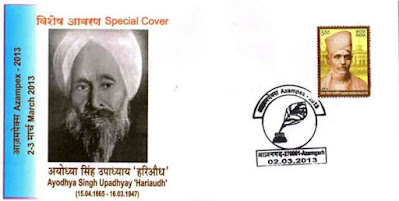Nandalal Bose was a highly regarded Indian painter and a key figure in the Bengal School of Art. He was born on 03 December 1882, in Bihar, India, and he passed away on 16 April 1966.
Bose is celebrated for his contributions to Indian art, particularly for his role in revitalizing traditional Indian painting techniques and incorporating them into modern art forms. He was deeply influenced by the Bengal School's emphasis on indigenous artistic traditions and sought to revive and adapt classical Indian art forms to the contemporary context.
One of Nandalal Bose's most notable contributions was his involvement in the Swadeshi movement, a nationalist movement aimed at promoting Indian goods and resisting British colonial rule. He played a crucial role in the establishment of Kala Bhavana, the art school at Visva-Bharati University founded by Rabindranath Tagore in Santiniketan, West Bengal.
Bose's artistic style was characterized by his use of bold lines, simplified forms, and vibrant colors, often inspired by Indian folklore, mythology, and everyday life. He worked across various mediums, including painting, drawing, printmaking, and book illustration.
Some of Nandalal Bose's most famous works include his illustrations for Tagore's "Gitanjali" and his iconic series of paintings depicting scenes from the life of Buddha. His contributions to Indian art have earned him widespread recognition and acclaim both in India and internationally.
Nandalal Bose's legacy as a pioneer of modern Indian art and a champion of indigenous artistic traditions continues to inspire artists and art enthusiasts to this day. He remains one of the most revered figures in the history of Indian art.












